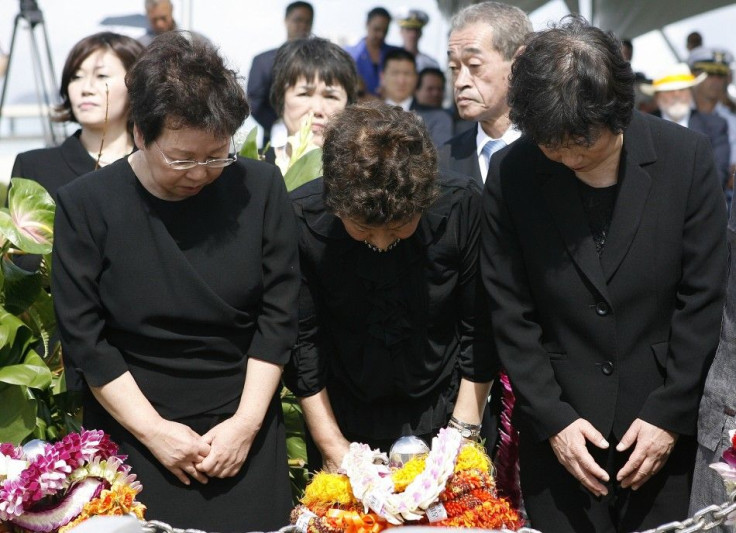Lack of Japanese tourists will batter Hawaiian economy

The tourist-dependent state of Hawaii will suffer a huge economic hit from the earthquake that has ravaged Japan – a loss of travelers from that country.
Last year, of the 16.6-million tourists who visited Hawaii, more than 1.2-million came from Japan. As important, those Japanese arrivals spent about $1.9 billion in Hawaii (more than one-sixth of the state’s overall visitor revenue.)
Now, given the harsh realities of dealing with a catastrophe, most Japanese are likely to postpone or cancel their vacations in Hawaii.
Gov. Neil Abercrombie said he thinks the economic consequences will be massive for Hawaii, which like many states, is already are facing a huge budget deficit (estimated at almost $1-billion over the next two years).
It's going to be terrible. It's going to be rough, he said. It's something that we have to come to grips with.
According to the Associated Press, Japanese outspend American tourists by nearly a two-to-one margin in Hawaii. On a normal day, thirteen direct flights arrive in Honolulu from Japan, carrying between 3,000 and 5,000 tourists.
Hawaii also has extensive political, economic and social ties to Japan. Immigrants from Japan first arrived in Hawaii more than 100 years ago to work on sugar cane plantations – now, about one-fourth of the Hawaiian population is of Japanese or part-Japanese descent.
AP also reported that H.I.S. Hawaii, a travel agency which books about one-fifth of all Japanese travelers to Hawaii, saw new reservations plunge by half and cancellations triple in just the first three days after the March 11 disaster hit.
“We are seeing large group cancellations,” said Angela Vento, regional marketing and sales director for Starwood Hotels and Resorts Worldwide’s Hawaii and French Polynesia regions, according to media reports.
“We had a major group cancel this week on 1,000 rooms a night. We have seen cancellations through June. So there are certainly some effects.”
She added: “There are a couple things we do know. The Japanese traditionally have a 49-day grieving period. So we have to question even the appropriateness of marketing within that timeframe.”
Vento added that she thinks it will take at least six months before the Japanese begin traveling again.
The Honolulu Star-Advertiser newspaper reported Japanese tourists who did arrive in Hawaii after the earthquake often felt guilty about it.
We have conflicted feeling about traveling at this time, but it's our honeymoon, the paper quoted Chiaki Matsumoto as saying. People in Japan are canceling wedding ceremonies because they feel they shouldn't be having fun while others are suffering.
Similarly, Hidemi Kokaji told the newspaper, I felt kind of bad coming on this trip...but my husband is retired and we have been planning this trip for a while, so we decided to come.
Yoshio Kuriyama told the Star-Advertiser he doesn't think other Japanese will be traveling anytime soon. His wife, Michiko Kuriyama, added, Especially [from the] the east side of Tokyo and Japan, everything is become scarce...they even have to limit use of electricity. We think people there would feel it's not the time to travel. They are probably more concerned about everyday needs than thinking about travel.
© Copyright IBTimes 2024. All rights reserved.











